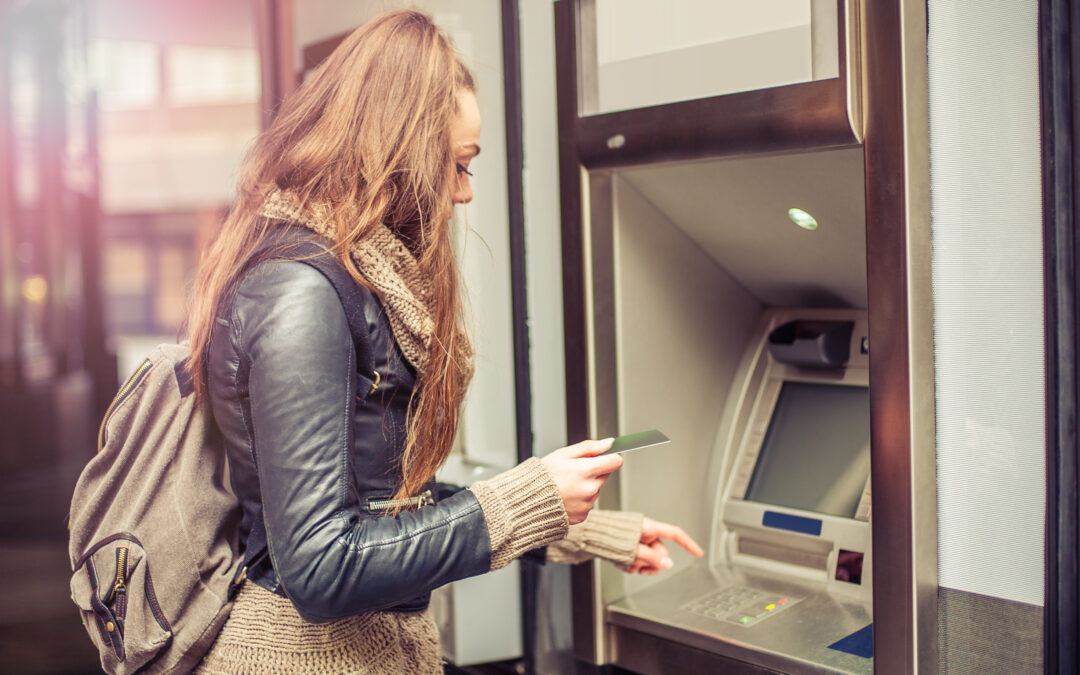In September, the Consumer Financial Protection Bureau (CFPB) fined Wells Fargo $100 million for creating millions of unauthorized accounts in customers’ names. These deposit and credit card accounts were created without their customers’ permission.
In addition to being a huge breach of customers’ trust – we expect banks like Wells Fargo to guard and protect our personal and financial information, not abuse it – these unauthorized accounts may have damaged these consumers’ credit scores and had other sorts of impacts on their finances. Here are three ways victims may have been hurt:
- Credit Scores May Be Lower. Wells Fargo credit cards opened in victims’ names may have lowered credit scores by shortening the average account age on their reports, which is one of the factors credit agencies use to calculate scores.
- Tougher to secure other loans. It may have also made it more difficult for consumers to secure other loans, as having too many open lines of credit is seen as a red flag by some lenders.
- Unauthorized fees were paid. The unauthorized credit cards Wells Fargo employees opened also included annual fees and other charges, which the customers didn’t realize or paid unknowingly, since the fees were charged to the credit card or were paid from deposit accounts. Apparently some Wells Fargo employees even temporarily moved customers’ money from legitimate accounts into new, unauthorized accounts, which may have resulted in overdraft fees or other charges, according to the CFPB.
So what can you do to protect yourself against unauthorized bank accounts?
If you’re a Wells Fargo customer, go to your local Wells Fargo branch and ask to see a list of all the accounts opened in your name. If you find an account you didn’t open, check to see if you were hit with any fees or charges because of that account. If you were, you’re entitled to part of the $2.5 million in restitution Wells Fargo has been ordered to pay affected customers.
Next, check your credit report regularly. By law, everyone is allowed one free copy of their credit reports from each of the three major credit reporting agencies (Equifax, Experian and TransUnion) each year. Go to annualcreditreport.com to get your reports and then review them, checking for any bank accounts, credit cards or loans that you don’t remember applying for.
If you find suspicious accounts, file a dispute with the credit reporting agency. Each credit reporting agency has a process for disputing items on your report. After you file the dispute, they and the bank or company involved with the questioned account will investigate the issue. You can also have a note added to your credit report that will explain the situation to future creditors who pull your file.
Finally, decide whether you should close the account. Regular checking or savings accounts won’t impact your credit score, so those can be closed without any repercussions. However, an unauthorized credit card in your name could be affecting your debt-to-credit ratio (potentially even improving it) and closing it might negatively affect your score. Be aware of this possibility before closing the account, especially if you’re counting on your credit score for a mortgage or loan application in the near future.
Even if you aren’t a Wells Fargo customer potentially impacted by these unauthorized accounts, it’s always a good idea to do several annual checks of your credit report to look for suspicious accounts or debts, which can be a sign your identity has been stolen. Your bank might also offer alerts for your accounts, which send you a text or email when your account dips below a certain amount. This sort of tool can help you catch acts of fraud and stay on track with your spending budget.
Even if you don’t suspect you’ve become a victim, regularly review your financial accounts for accuracy. The sooner the fraud is detected, the sooner you can stop the crooks from doing any more harm and begin fixing the damage they may have already caused.

